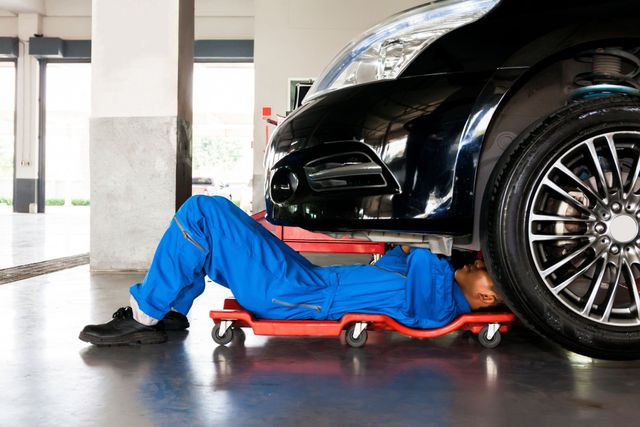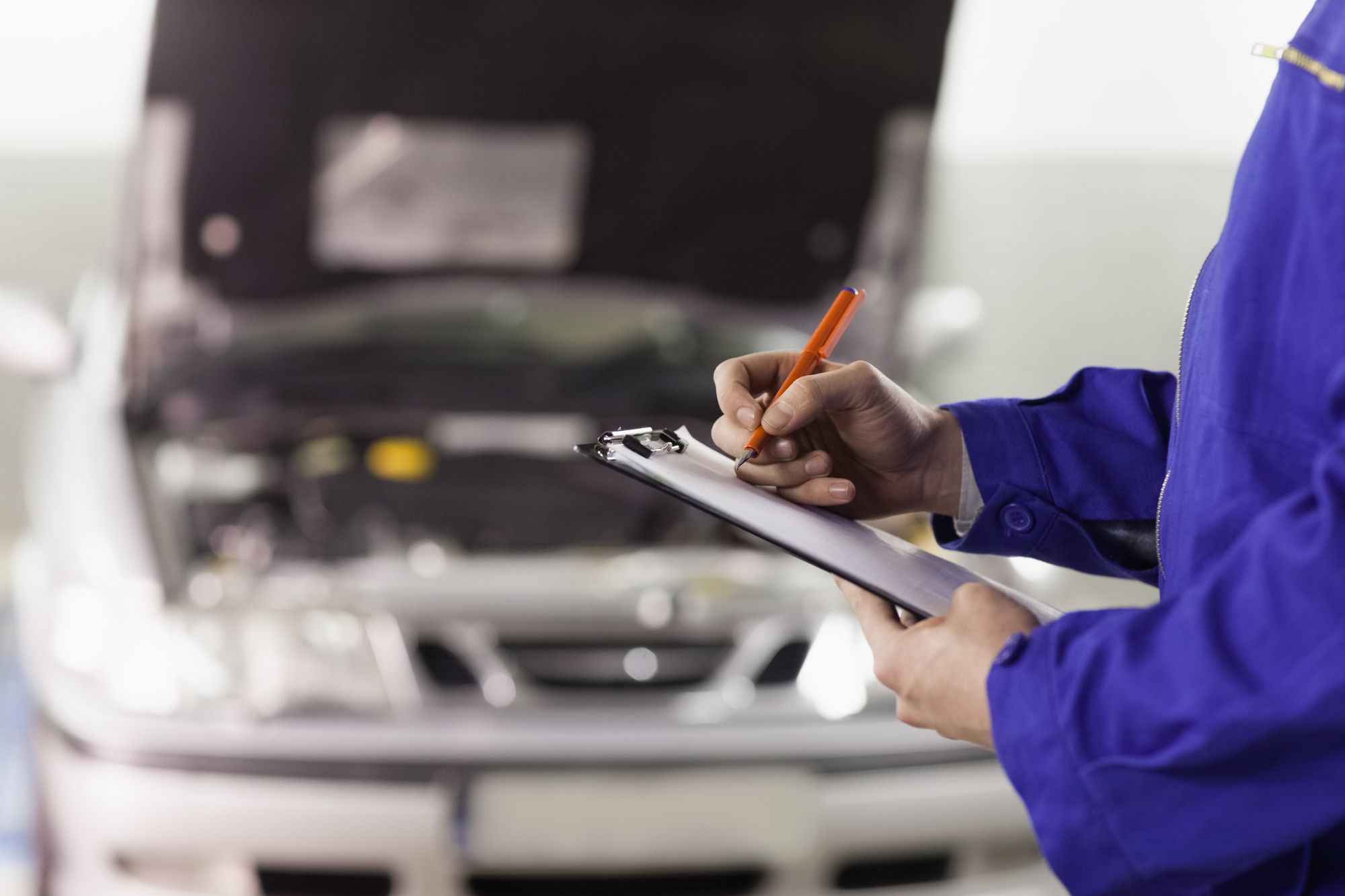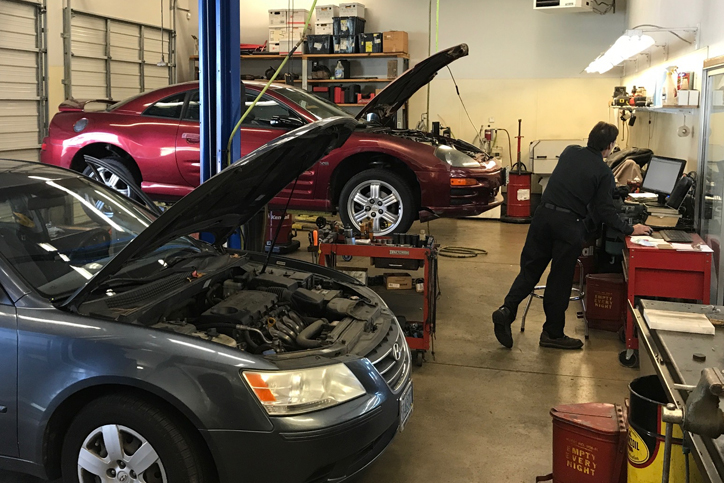Ultimate Automobile Repair Work Checklist: Guarantee Your vehicle's Durability and Performance
Keeping the longevity and efficiency of your vehicle is a critical element of liable cars and truck ownership. Envision driving a well-maintained auto that purrs smoothly, takes you areas without a hitch, and constantly performs at its finest. This vision is not far-fetched if you comply with a detailed auto repair service list that covers important facets of vehicle maintenance. By adhering to a few essential methods and ensuring regular examinations, you can dramatically expand the lifespan of your car while enhancing its efficiency.
Normal Oil Adjustments
Regular oil changes are important for preserving the optimum efficiency and long life of your automobile. Engine oil plays an essential function in lubing the different elements of the engine, lowering rubbing, and protecting against getting too hot. Over time, oil breaks down and comes to be polluted with dust and particles, which can jeopardize its efficiency. By sticking to a normal oil adjustment timetable as advised by your automobile's supplier, you can make certain that your engine proceeds to run efficiently and successfully.
Disregarding to transform your oil at the defined periods can result in a host of issues, including decreased gas performance, engine getting too hot, and prospective damage to engine components. Additionally, old and dirty oil can create boosted deterioration on your engine, eventually shortening its life-span. Spending in routine oil changes is a relatively straightforward and cost-efficient upkeep job that can have a significant influence on the total health and wellness and performance of your automobile. By staying proactive with your oil adjustment routine, you can help protect against expensive repairs down the line and maintain your automobile running in top problem.
Tire Upkeep and Rotation
Making sure proper tire upkeep and turning is vital for optimizing your vehicle's durability and efficiency potential. Routine tire upkeep includes inspecting tire stress, tread depth, and total condition. Correctly filled with air tires improve fuel effectiveness, taking care of, and overall security when driving. It is recommended to inspect tire stress a minimum of once a month and eventually journey.
Tire rotation is another vital facet of tire upkeep. Rotating your tires assists guarantee also wear, extending their lifespan and enhancing general efficiency. Tire turning patterns differ depending on whether your vehicle is front-wheel drive, rear-wheel drive, or all-wheel drive. As a general guideline, tires need to be revolved every 5,000 to 7,500 miles.
In addition to tire rotation, it is important to have your wheels correctly lined up. Misaligned wheels can cause unequal tire wear, influencing both efficiency and safety and security. Regularly examining your tires, turning them, and aligning your wheels will not only extend the life of your tires but also add to a smoother and safer driving experience.
Brake Inspection and Service
Performing thorough brake inspections and timely maintenance is extremely important to keeping your automobile's security and performance standards. Your vehicle's brakes are a critical part that calls for routine attention to ensure they operate successfully. Throughout a brake evaluation, a certified technician will certainly inspect the brake pads, rotors, calipers, and brake fluid levels for any kind of indications of wear or damage. Prompt maintenance can avoid potential brake failings and mishaps when traveling.
Brake pads need to be checked frequently, as they wear down with time because of friction - car repair. Damaged brake pads can decrease stopping effectiveness and increase quiting distances, presenting a safety threat. Additionally, examining the brake fluid degrees and ensuring there are no leakages in the brake system is important for optimum brake performance
Regular brake maintenance, including brake pad substitutes and rotor resurfacing, can extend the life of your brakes and prevent expensive repairs in the future. By focusing on brake evaluations and maintenance, you can drive with confidence understanding that your automobile's braking system is operating correctly.
Fluid Levels and Quality Inspect
Keeping optimal fluid degrees and quality is important for the smooth procedure and longevity of your car. Consistently checking and preserving correct degrees of important fluids such as engine oil, coolant, transmission liquid, brake liquid, power steering fluid, and windshield washer liquid is essential to ensure that your car works successfully. Reduced or contaminated fluids can result in boosted rubbing, getting too hot, deterioration, and ultimately, costly repair services.

Regularly maintaining the top quality and examining and degrees of these fluids will not just enhance your automobile's performance however also prolong its life-span, saving you time and cash in the future.
Battery Evaluating and Substitute

There are several methods to examine an automobile battery. One usual approach is utilizing a multimeter to determine the voltage output. A healthy and balanced battery commonly signs up around 12.6 volts. Furthermore, a load examination can establish the battery's capability to hold a charge under various Clicking Here problems. If your battery stops working these tests or is older than 3 to 5 years, it may be time for a replacement.

Final Thought
In verdict, keeping your vehicle through routine oil modifications, tire upkeep, brake examinations, liquid level checks, and battery testing is vital for guaranteeing its long life and efficiency. By following this best auto repair work checklist, you can avoid expensive fixings and breakdowns, eventually saving you time and cash in the future. Prioritizing these maintenance tasks will certainly aid maintain your automobile running efficiently and successfully for several years ahead.
Making certain correct tire upkeep and turning is crucial for optimizing your car's durability and performance potential.Conducting thorough brake inspections and prompt maintenance is vital to preserving your car's safety and efficiency criteria. Your car's brakes are a vital element that requires normal interest to ensure they function successfully. On a regular basis inspecting and maintaining correct degrees of vital fluids such as engine oil, coolant, transmission liquid, brake fluid, power steering liquid, and windshield washing machine liquid is vital to make certain that your car functions successfully.In final thought, maintaining your automobile with regular oil adjustments, tire maintenance, brake examinations, fluid level checks, and battery testing is important for ensuring its long life and performance.